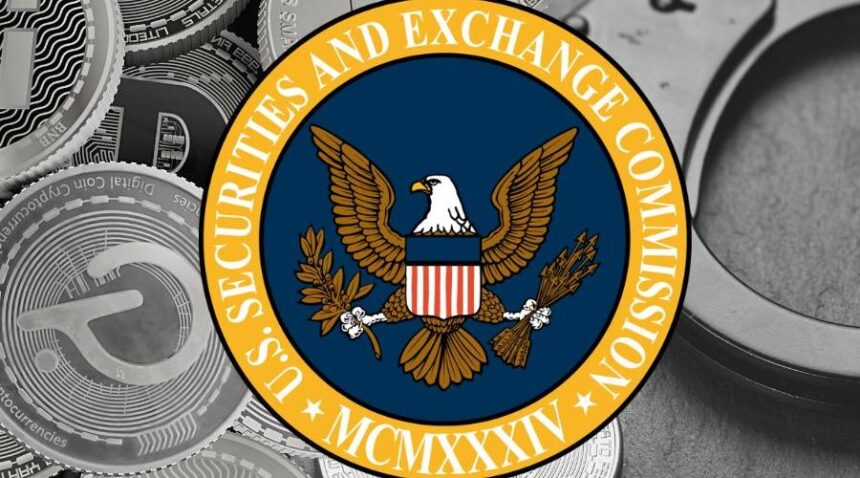Mark Uyeda of the Securities and Exchange Commission suggests that rather than pursuing an enforcement-heavy strategy, the agency should explore the possibility of introducing rules or guidelines for the regulation of cryptocurrencies.
The Republican commissioner noted that the SEC had the opportunity to play a role in shaping cryptocurrency legislation but did not take advantage of it.
“Regrettably, the SEC opted for a case-by-case enforcement approach, which implies that it will be a lengthy process to establish legally-binding precedents. This is because matters will have to navigate through the court system, potentially taking years before reaching the court of appeals level,” Uyeda stated in prepared remarks delivered in London on Monday.
Uyeda’s statements align with the SEC’s recent aggressive pursuit of charges against crypto companies, such as Binance and Coinbase. Over the past year, these cases have been progressing through the legal system, with judges being tasked to interpret how existing laws are applicable to the crypto sector.
The cryptocurrency industry has contended that achieving compliance and maintaining competitiveness is challenging without a well-defined regulatory framework in the United States.
Here comes howey
SEC Chair Gary Gensler maintains his stance that most cryptocurrencies should be classified as securities, with the exception of bitcoin, and emphasizes the need for crypto firms to register with the agency. The SEC frequently references the Howey Test, derived from a 1946 U.S. Supreme Court case involving citrus groves, to determine whether transactions constitute investment contracts subject to securities laws.
Mark Uyeda pointed out the complexity of defining what constitutes a security, noting that this analysis is challenging for both market participants and the courts responsible for interpreting the investment contract test established by the 1946 Supreme Court decision.
Uyeda also criticized the SEC’s approach to other aspects of the capital markets, such as communications regarding brokerage firms. He expressed that determining whether a person’s conduct violates federal securities laws should not resemble the unpredictable sorting hat from the Harry Potter series, where one’s fate is determined, sometimes erroneously, based on how the SEC plans to enforce rules or laws that haven’t been previously interpreted.












